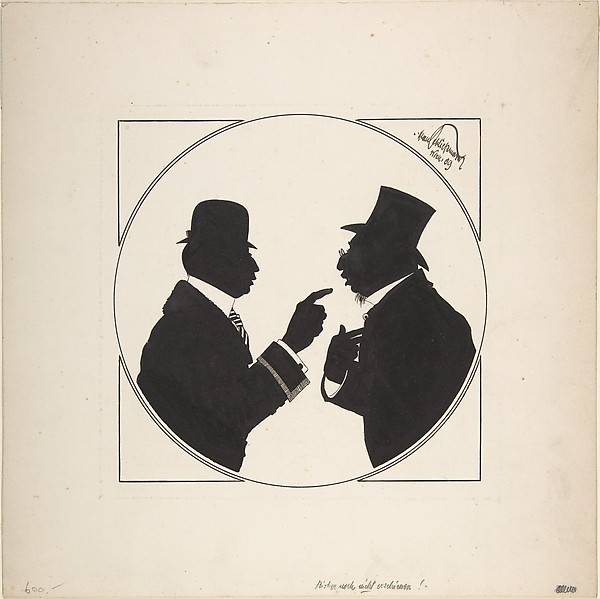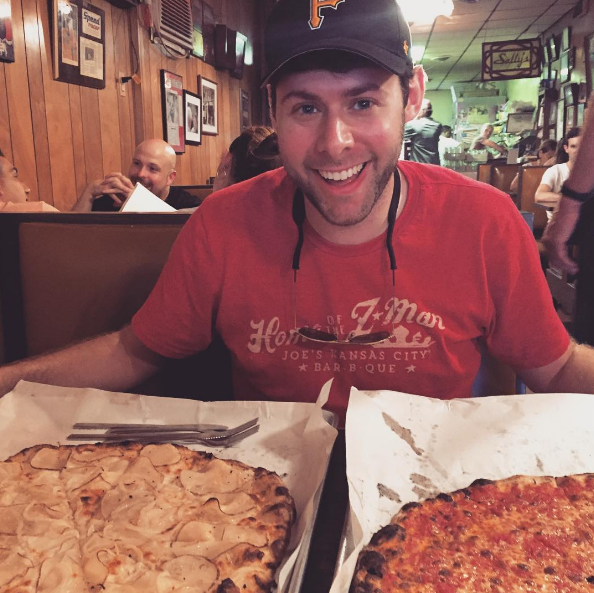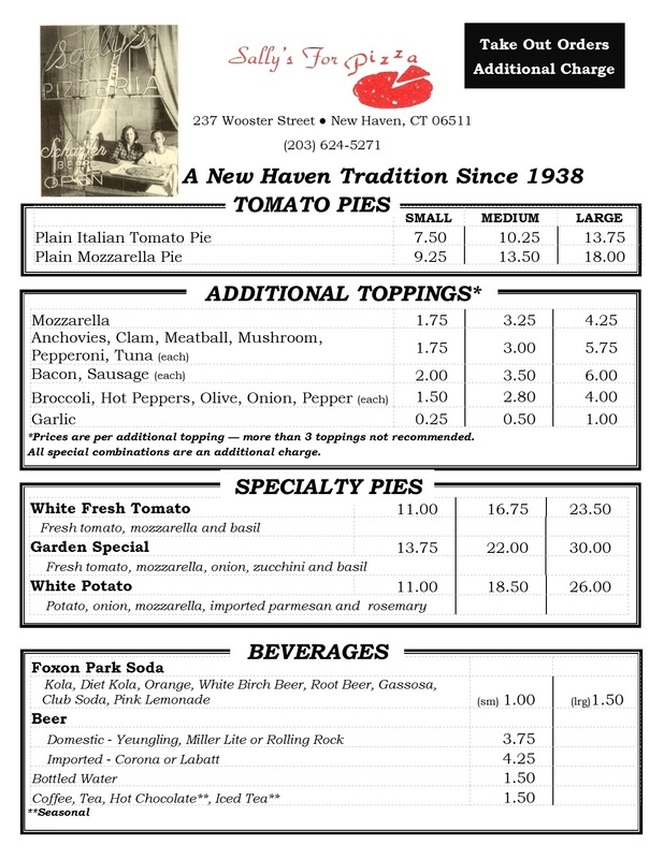So you’re graduating in May, and you’re not ready for it. I remember the feeling — I wasn’t ready when I graduated from Mizzou in 2009. I wasn’t even sure what I was looking for in a first job!
But now I’m on the other side of the table. I’ve hired entry-level employees at both BuzzFeed and Stry.us — young reporters and editors just like you. Here’s what I’ve learned that might help you get that very first job:
1) Buy your own domain name — When someone gets your resume, the first thing they’re going to do is Google your name. And if you’re pitching an organization on your digital skills, you need something better than yourname.wix.com. Go to domainr.com and search for your name. If you can buy yourname.com, do it. If that’s taken, try something that fits your career aspirations: yournamereports.com, byyourname.com, yournamestories.com, etc. Build a website that showcases your reporting, and make it easy for someone to contact you. (You wouldn’t believe how many people build websites with no contact information!) Forget about business cards — a website is so much more valuable.
2) Launch something — Whatever you’re passionate about, build something around it. It doesn’t matter if it’s good — in fact, whatever you try probably won’t be very good at first — but that’s OK! Create an Instagram around your original photography. Partner with a friend and launch a podcast. Create a TinyLetter around stories you’re reading, and send it every week to your family and friends. Just make something.
3) Make sure your resume doesn’t suck — If you’ve got a skills section, go ahead and get rid of it. (Otherwise, I’m going to ask you about your expertise in the Microsoft Office suite, and you better have a mind-blowing PowerPoint presentation you can send me on the spot.) Instead, go build those skills into every bullet on your list. I want you to tell me about the stuff you’ve done and the stories you’ve told. I want to see numbers: The number of stories you published at a particular outlet, the impact you had an organization. “Handled social media” is an OK line on a resume; “Helped grow our Twitter presence by 10,000 followers” is far better. And make sure you follow these six other tips to craft a great resume.
4) Start scheduling some 15-minute coffees — When you’re in a city with reporters, editors, producers, or leaders you respect, send them a quick note. (hunter.io is a great tool for finding professional email addresses.) Tell them you’re a college student, you’re going to be in their city, you’re a big fan of their work, and you’d like to bring coffee to their desk and ask them 3-4 questions. (Make sure you have really good questions!) You’d be surprised how often people will say yes when they know that, A) Their time won’t be wasted, and B) They don’t have to leave their office.
5) Buy stationery, and send thank you notes — When you’re done with a coffee, send that person a written thank you note. Not an email, not a DM — a thank you note. It’s a small gesture, but it’ll be noticed.
Good luck, soon-to-be grads. You’re graduating into a strong job market, with so many new tools that can be used to tell stories. You’re going to have some incredible opportunities ahead of you. It’s up to you to do something with it.
———
Thanks to Cole Keister for making that graduation photo available on Unsplash.










